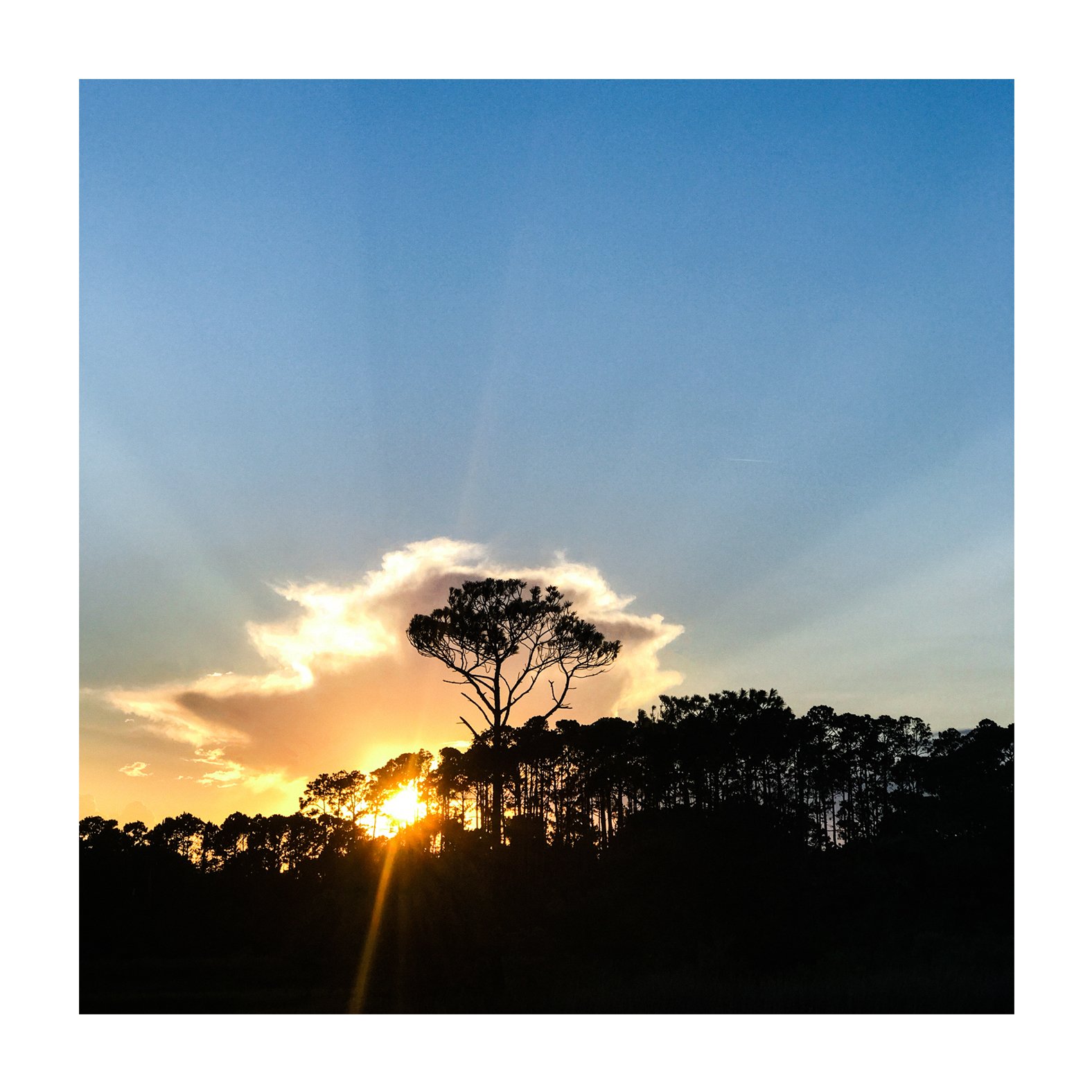
Liturgies for Lent: The Tomb
While it is still dark, we believe that death is not final, not all there is.
While it is still dark, we light one candle, a tiny flickering, a little sparkling light of holy defiance.
While it is still dark, we name our truths, or like Hagar, in exiled despair, name God. We trust that we are seen in suffering.
While it is still dark, we discover that we are not alone in the wilderness.
While it is still dark, we see with new eyes what the light could never reveal on its own.
While it is still dark, we take waste, make soil, plant gardens in protest; there is still goodness, even unto death.
While it is still dark, we look up at the stars, and remember.
We bless the dark, this hard and hallowed teacher, we thank her. Resurrection resides within her, like a womb, waiting to be born.

Liturgies for Lent: The Veil
I sat in Fjaere chucrh (pictured above) where my great-grandmother was baptized, confirmed, and married, a church that has stood for centuries since 1100AD. We learned there that women and men sat on opposite sides of each other, the women's pew holding fourteen, while the men's row sat a spacious eight. Women occupied space on the left, the side associated with evil, with Eve, a punishment for her choice to eat of the fruit of good and evil.
My great-grandmother sat on the left, as penance.
My grandmother never saw women in church leadership in her lifetime.
My mother, not permitted to dance, her body seen as dangerous.
And I inherited a very damaging theology of sex (i.e.; purity culture)

Liturgies for Lent: The Cross
I've worked with a number of men and women who were formerly imprisoned throughout my social work career, and one thing is clear: No one teaches me more of grace, of dignity, of the beautiful inbreaking of re-making our lives anew. Their stories are living testaments that all of life is holy; there are no throwaways, no bad people, no one incapable of redemption. The formerly incarcerated, who feed the unsheltered in their communities, take in kids that aren't theirs by blood but by choice, accompany those with disabilities, who heal from their unspeakable trauma, learn to love themselves- and the world with wide open arms.

Liturgies for Lent: The Courtyard
Maybe this is a good time to take inventory of your relational landscapes and make sure the boundaries you have in place are holding, are working. Maybe we need to grieve losses of growing apart from those we really care about. Maybe we ask questions and get curious. Maybe we name the tension, maybe we listen, we stay with when it gets hard. Whatever it is, I pray you gather the strength to move toward the rupture, knowing that restoration transforms us and makes the connection stronger. May you know in your bones that contending for a relationship is not about winning, or proving rightness, but healing harms, one gutsy stitch at a time.

Liturgies for Lent: The Garden
The more I live, the more I'm convinced that prayer is paying attention, an invitation to stay awake. We pay attention to our experiences, our bodies, our desires, our emotions, and within them, we find the hiddenness of God. This attunement to God in ordinary, everyday moments opens us up to the world around us, a world aching to be set right. Prayer is a receptivity to what is, to deepen ourselves in the present moment, to breathe in sacredness. And prayer can be a practice of entering into lament, noticing injustice and oppression, anything that beats back against God's future, and bearing witness.

Liturgies for Lent: The Upper Room
We live in a culture of more; we love upward mobility, promotions, more pay, more power, more comfort, more influence. Many of us have no need for a God who bends low, a God of the counter-cultural, the counter-intuitive. The view from the top is great so long as you don't hear the cries of those crushed below. Because the ladder I've climbed so easily has people pinned down beneath. We've created a system where the ones on the top wonder why people living in poverty can't get to the first wrung. Why they can't reach the bootstraps that were stolen. One that blames them for the choices made in captivity, when we refuse to see the ladder and whose back it is built on. The cross, like Jesus' life, is a joining with everyone, but particularly the overlooked and excluded ones.
